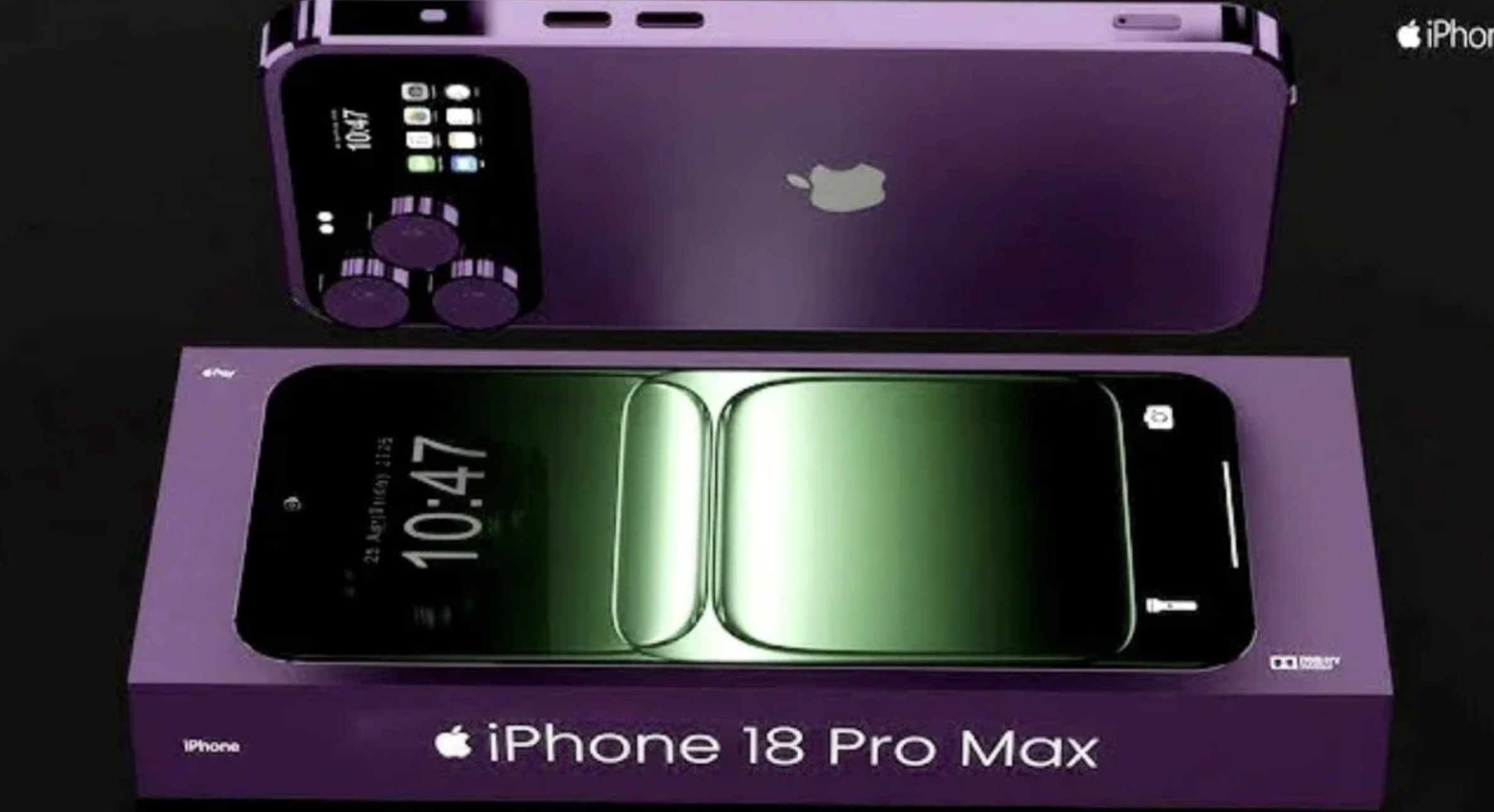Google is reportedly developing an AI-microscope that can detect cancer.
It has developed a prototype called Augmented Reality Microscope (ARM) in collaboration with the US Department of Defense.

How it works
It looks like a typical microscope, but this one is connected to a computer tower that houses the AI models.
When a glass slide is put under the microscope, the AI is able to outline where cancer is located.
This outline appears as a bright green line that pathologists can see through their eyepiece and on the monitor.
Beyond mere detection
The AI can also tell how bad the cancer is, by generating a black and white heat map that shows the boundary of the cancer.
A doctor, Nadeem Zafar used it to confirm the severity of a prostate cancer case.
The AI detected the exact part of the tumor that Zafar believed to be more aggressive than a colleague did in a debate.
“This is the beauty of this technology, it’s kind of an arbitrator of sorts”, he said.
Advantages
It uses a combination of Machine Learning (ML) and Augmented Reality (AR) techniques that can help identify cancer in real-time.
This makes the detection process easier for doctors.
Experts believe it will help doctors in smaller labs facing workforce shortages and growing caseloads.
Data privacy
Aashima Gupta, global director of healthcare strategy and solutions at Google Cloud, the company has launched four algorithms for the ARM which can identify breast cancer, cervical cancer, prostate cancer and mitosis.
The AI models are trained on data from the DIU, and Gupta said neither Google employees nor Google infrastructure have access to it, she said.
Further testing required
There are currently 13 ARMs in existence, and one is located at a Mitre facility in Washington, D.C.
Researchers there are working with the ARM to identify vulnerabilities that could cause issues in a clinical setting.
The microscope has not been used in the field yet and will require more testing before it is made available to clinics.
Price, availability
Google wrote in a blog post that it intends to build a system that could be retrofitted in existing light microscopes found in clinics and hospitals.
The US Department of Defense’s Innovation Unit has negotiated a deal with Google for providing ARM in the military.
The final product is expected to cost between $90,000 – $100,000, putting it out of reach for more local hospitals and clinics.
The ARM is hoped to become available to all government users sometime this fall.
Image













